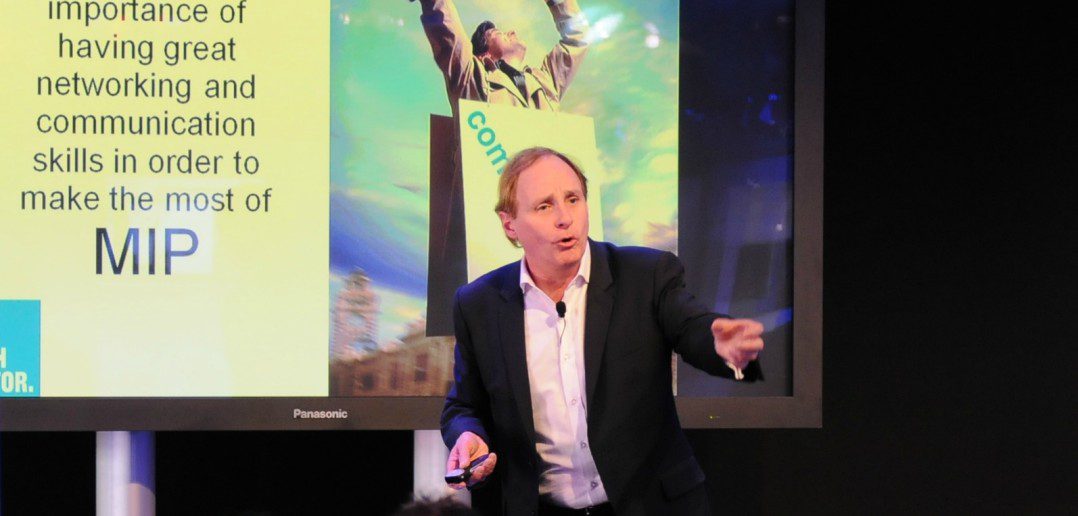When you visit an event such as MIPCOM, you’re making a big investment, not just in time and money but, more importantly, your reputation.
I’ve been going to MIPCOM and MIPTV for more years than I’d care to admit — and I’ve been helping professionals to develop winning pitches for even longer. When people find out that I’m The Pitch Doctor, their first question is invariably, “Can you help me improve my pitch?” My answer is, “Yes, as long as you remember that your entire visit to MIPCOM is a pitch.”
So rather than focusing on those few minutes when you’re telling someone about your latest, greatest format, let’s take a look at the bigger picture: that is, you in 360 degrees. That way, every moment you invest in MIPCOM is building you a reputation that will pay dividends way into the future.
- Preparation: By the time you head home from MIPCOM, what do you want to have achieved? Rather than looking forward to MIPCOM and planning what you’re going to say, trying looking back as though you’re at the end of a successful few days. Specifically, when you think about the people you’re going to meet, plan for what you want them to do. What emotional state do you want to engender in them? How do you want them to remember you?
- Pitch: Think about the pitch from the other person’s point of view. What do they need? What are they looking for? And, perhaps most importantly, what else have they seen? You need to stand out from the crowd, which doesn’t mean shouting louder, it means making a stronger connection. Also, don’t expect them to remember everything you say: chances are, yours will be one of many pitches. So make it easy and leave them with a reminder. A postcard with bullet points on will do — just something quick, simple and memorable
- Listen: If I could share one thing that would help you make MIPCOM a success, is would be this: pitching is not about you. Don’t overwhelm potential clients with facts, figures and information. Instead, focus on their needs. Ask them what would make MIPCOM worthwhile for them — and then listen to their answer. Remember that we demonstrate credibility not by talking, but by listening.
- I’ll be in touch: Never close a meeting with the words, “Well, I’ll wait to hear from you”, or “Give me a call if you’re interested”. It’s not a question of interest; it’s a question of need. Did you meet their need? Quite often, when the answer is “no”, the actual message is “not right now” or “not for me”. So try saying: “I’m going to keep on developing new ideas so I’d very much like to keep in touch with you, now that we’ve made this connection.” Or: “Who else can you introduce me to that might be interested?”
- Follow up: The real work isn’t at MIPCOM, it’s when you get back home. Write follow-up letters that thank people for their time, outline what you discussed and propose a next step. Do this the moment you get back, and refer to the brief notes that you made on the back of each person’s business card at the end of each meeting.
In short, to succeed at an event like MIP, don’t just focus on those few, short, centrepiece interactions. Instead, reinforce your purpose with everything you say and do before, during and after the event. That way, MIPCOM will be the curtain raiser to a long and rewarding drama, rather than an expensive, one-off performance.
Paul Boross, — aka The Pitch Doctor — specialises in the ‘art and science’ of corporate communication. For more pitching tips, follow him on Twitter; have a look at thepitchdoctor.tv; check out his book, thepitchingbible.com; and don’t miss his session, October 3 at 9.00: the perfect start to a successful MIPCOM!
Meanwhile, watch one of his ultra-handy “MIPTips” videos here:




